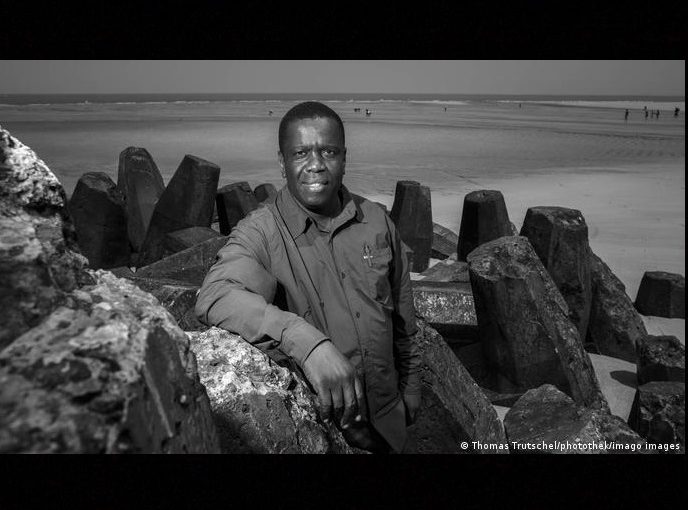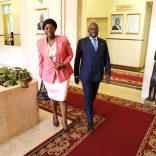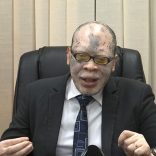Mozambique: Foreign Minister expresses desire to boost economic ties with Angola
Mozambique: A year without Daviz Simango, “cornerstone of the opposition”

Image: DW
- Daviz Simango died a year ago. The former leader of Mozambique’s third largest party, the MDM, has left a void difficult to fill, analysts and party members told DW Africa.
The death a year ago of Daviz Simango, the founder of the Mozambican Democratic Movement (MDM), took many people by surprise. He suffered a cardiac arrest on February 22, 2021, in South Africa, where he was undergoing treatment.
José Lobo, a member of the MDM, remembers the day he received the news, and says it was a heavy blow. “Our political opponents knew who Daviz Simango was; he had won respect from both Renamo and Frelimo”.
Daviz Simango was a member of the Council of State and had “every opportunity” to present problems that affected “the whole of Mozambican society”, Lobo adds.
“We dreamed that one day Daviz would be the president of this country,” he says.
Simango, “always in the lead”
Since the party was created in 2009, the MDM had known only Daviz Simango as leader, until last December, when Lutero Simango succeeded his brother as president of the political force, with 87.9% of the vote.
In his victory speech, Lutero Simango insisted that the MDM was the key to ending the country’s political “bipolarization” between the Front for the Liberation of Mozambique (Frelimo) and the Mozambican National Resistance (Renamo).
Historian Laurindo Verde says, however, that the MDM has not looked the same since the death of Daviz Simango.
“There is an emptiness [following the death] of Daviz, as a person and as a maximum representative and founder of a political party. There is the absence of an individual who has a sense of the state,” he explains.
“A family political party”
There was also criticism of the election of Daviz’s brother as president of the MDM in December, the second most popular candidate, Silvério Ronguane, saying at the time that he would be “available to lead the opposition within the party”.
At the time, critics of Lutero’s candidacy urged that the MDM should not become a “family party”.
But, according to MDM member and former parliamentarian José Lobo, internal disagreements are normal in a democracy.
“Naturally, even in a family, when the father dies, the children want to divide the goods; each wants to take its share and everyone wants to govern, but it is not quite like that,” he says.
Historian Laurindo Verde stresses that Daviz Simango was a “cornerstone of the opposition”, now lacking in Mozambican democracy.
“The cornerstones of the opposition in Mozambique, who we had known for a long time, are gone. One of them was Afonso Dhlakama, and later, another figure appeared: Daviz Simango,” says the historian.
Laurindo Verde now hopes “that another figure concerned with the maintenance of democracy will emerge – [something] that seems absent after the deaths of Dhlakama and Simango”.
Read: Daviz Simango dies at 57












Leave a Reply
Be the First to Comment!
You must be logged in to post a comment.
You must be logged in to post a comment.